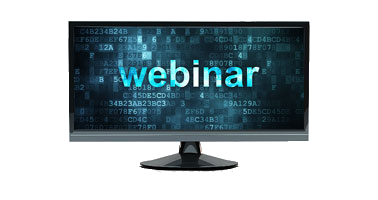The Fine Print of Alternative Fuel Infrastructure
An electric vehicle seems so simple — plug it in, and it’ll work. But, there’s much more to EVs — and all alternative propulsion sources — when it comes to fueling infrastructure.
According to a recent report from the Smart Electric Power Alliance, many utility companies in the United States aren’t prepared. The report found that almost 75 percent of those surveyed were either in the early stages of planning for EV market growth or had yet to start developing strategies or programs. On the bright side, almost 20,000 public and private electric charging stations are available.
Compressed natural gas is another popular alternative fuel choice, and for good reason. It’s a domestically produced, low-cost energy source. The challenge is CNG infrastructure comes with a substantial cost due to the fuel’s high pressure. Although CNG station sizes vary, they can carry a price tag of well over $1 million. This offsets the return on investment if an organization wants the benefits of CNG vehicles but has to incur the significant infrastructure expense. There are only about 1,600 compressed natural gas fuel stations currently operating in the U.S., with half of those being public.
Propane autogas infrastructure has the best of both worlds — availability and low cost. Propane autogas fueling infrastructure costs less than any other transportation energy source — conventional or alternative. Propane suppliers will readily work with fleet managers to provide both the fuel and the stations. Many suppliers roll in the rate of the infrastructure at low to no cost with a fuel contract. Even without a contract, installing a propane station costs less than any other fueling infrastructure (including diesel and gasoline). Currently, there are about 3,500 propane autogas stations in the U.S.
As a country, we need to get strategic and focused on how all of this will piece together. Without the proper infrastructure, training and incentives, alternative fuel vehicle adoption will lag behind many countries around the world.
Have a question about these transportation fuels or their infrastructure? Wondering how they can fit into your fleet? Give us a call at 800.59.ROUSH.
Enjoy the start of Spring, and I look forward to hearing from you!














